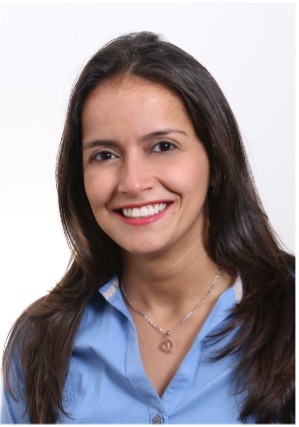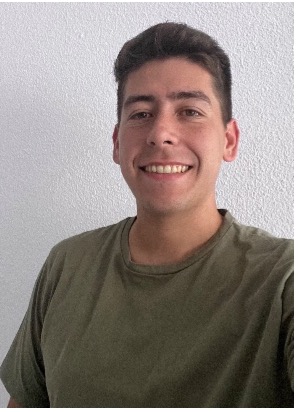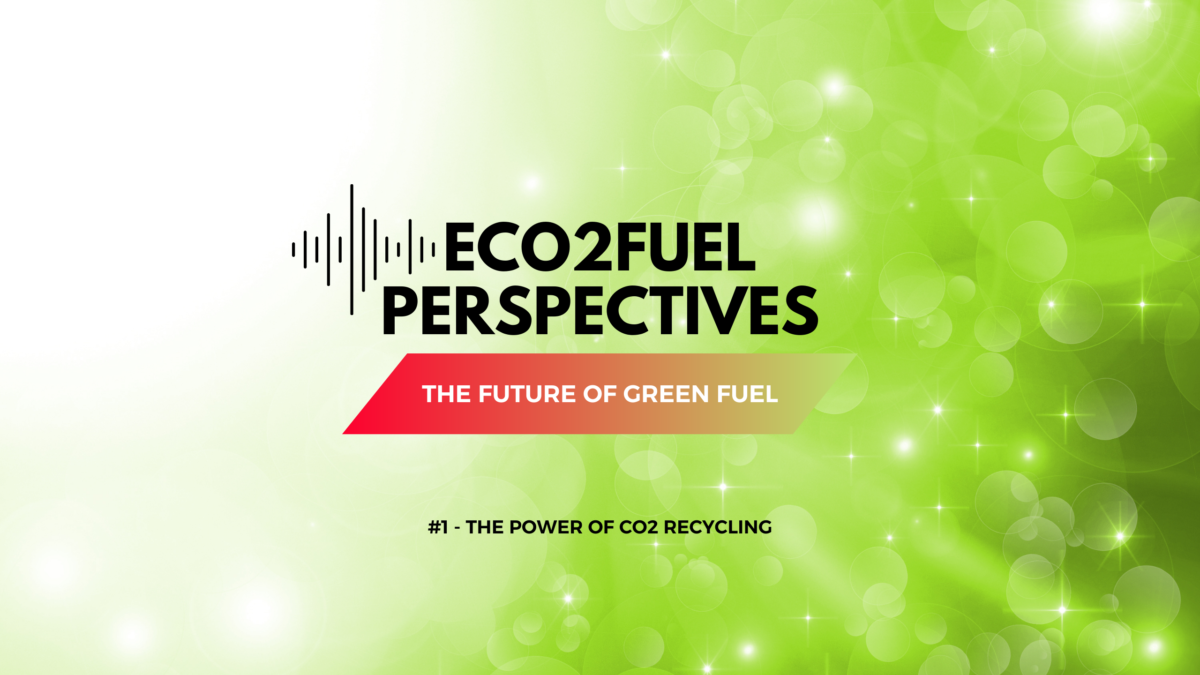The ECO2Fuel consortium is proud to announce the addition of three distinguished members to its team, each bringing a wealth of knowledge and expertise to our innovative and sustainable energy mission.

Daniele Costa joins us as a seasoned Senior Researcher and Project Manager in Sustainable Energy Systems Assessment & Modelling at VITO. With over 15 years in the field, Daniele has a profound understanding of life cycle thinking tools, including prospective Life Cycle Assessment (LCA) and Life Cycle Sustainability Assessment (LCSA). Her prestigious career spans across major energy industry companies and renowned universities like the University of Porto and Vrije Universiteit Brussel (VUB). Daniele is an acclaimed author of over 30 peer-reviewed publications and has played significant roles in various R&D projects, particularly those funded by the European Union. Her expertise is especially relevant in bioenergy, bioeconomy, and forest-based industries.
At VITO, Daniele dedicates her efforts to the prospective sustainability assessment of energy technologies in H2020 and HEurope Projects, contributing to groundbreaking work in projects such as PERCISTAND, SOLMATE, CIRCUSOL, and SITA. Daniele is an accomplished academic, holding a PhD in Environmental Engineering from the University of Porto and degrees in environmental engineering, energy planning, and occupational health and safety from other esteemed institutions.

Gustavo Ezequiel Martinez has recently joined VITO, bringing his fresh and innovative perspective to the team. Gustavo, a chemical engineering graduate from Universidad Nacional de Tucumán, also holds a Nordic master’s degree with honours in Innovative and Sustainable Energy Engineering from Chalmers/Aalto University. His master thesis offered valuable insights into the influence of policies on the carbon capture, storage, and utilization (CCUS) system development in Sweden.
At VITO, Gustavo is deeply involved in assessing emerging energy technologies for EU-funded projects, employing LCA and other sustainability tools. His role in the ECO2Fuel project is particularly crucial, where he evaluates the environmental impacts of the value chain using prospective LCA.

Gabriela Espadas Aldana is the latest addition, having joined the Vlaamse Instelling voor Technologisch Onderzoek (VITO) team. Gabriela’s rich educational background includes a PhD in Agro-resource sciences from the National Polytechnic Institute of Toulouse, a bachelor’s degree in Chemical-Industrial-Engineering from the Autonomous University of Yucatán, and a master’s degree in Green Chemistry and Processes for Biomass from INP Toulouse-ENSIACET.
Her doctoral research focused on the sustainability of French olive oil production through LCA. Gabriela is not only an academic but also brings practical experience as an Environmental Consultant, having conducted several LCA and Circular Economy projects in the private and public sectors. At VITO, she continues to assess the environmental impact of future-oriented energy technologies. Within ECO2Fuel, as part of the VITO-SESAM-LCA team, Gabriela will evaluate the sustainability of the full value chain using the LCA methodology.


